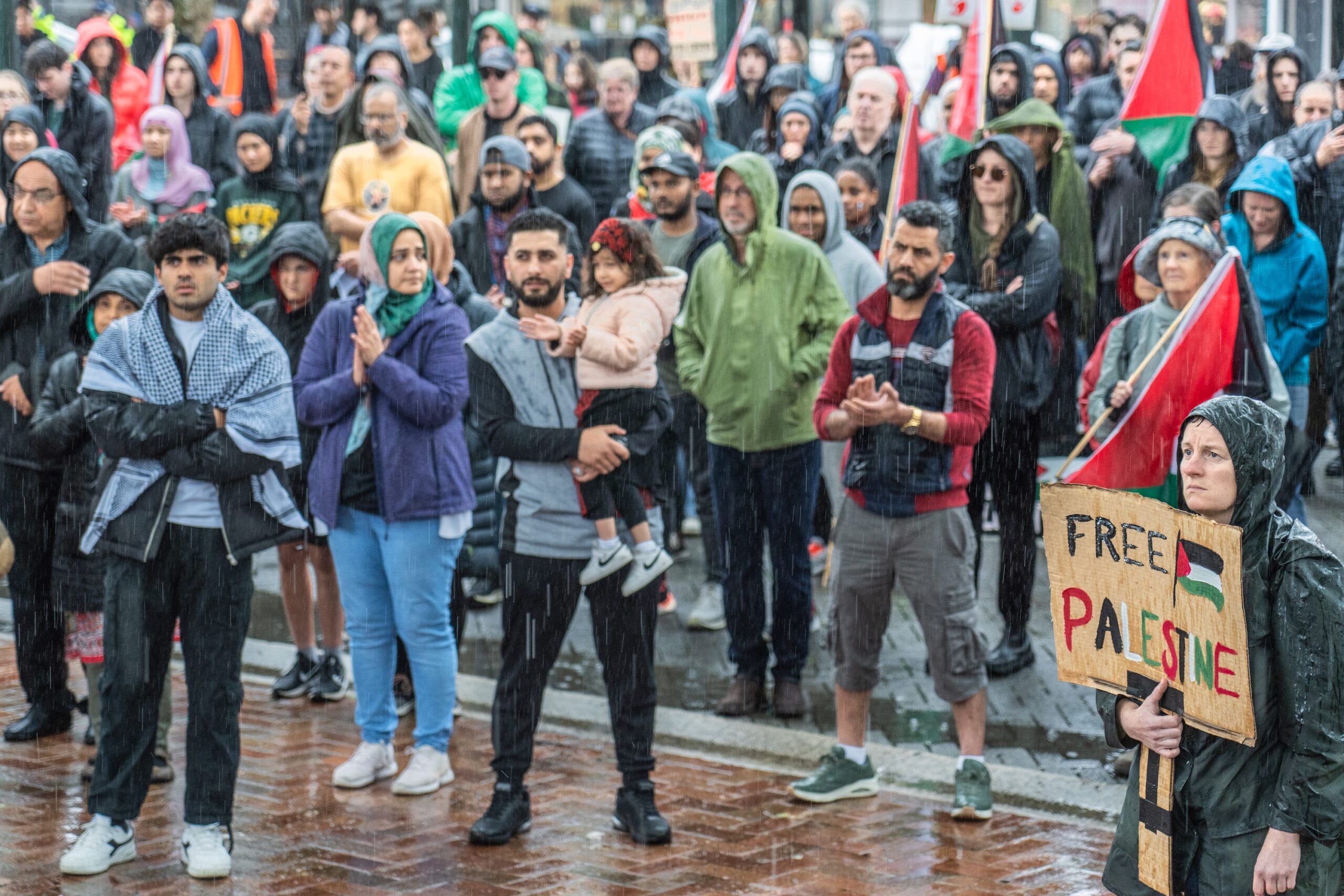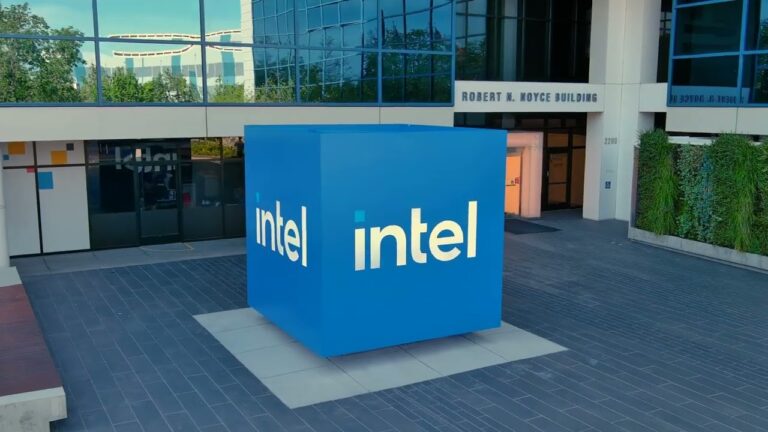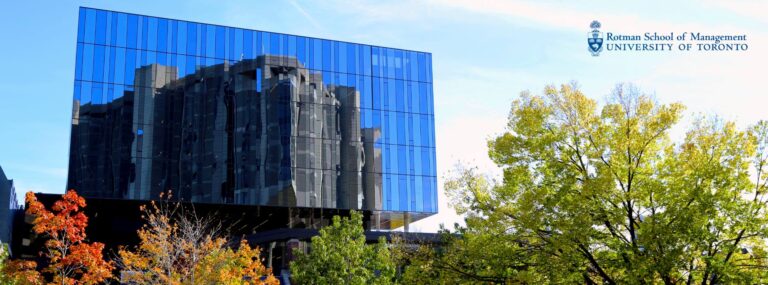Humanitarian Aid Under Attack: Settler Violence in the West Bank Intensifies
Aid Disrupted in Gaza Amid Growing Crisis
In recent weeks, Gaza’s humanitarian crisis has escalated alarmingly. The already dire situation, worsened by years of blockade and conflict, has been further exacerbated by radical Israeli settlers targeting aid trucks passing through the West Bank. These attacks are significantly disrupting the delivery of essential supplies to Gaza, pushing millions closer to famine.
Humanitarian groups have issued urgent warnings as Gaza’s conditions deteriorate. Aid convoys bringing food and medical supplies are increasingly intercepted by settler groups. These groups, often young extremists, set up checkpoints, interrogate drivers, and attack vehicles and their cargo.

Organized Attacks on Aid Convoys
The settlers’ actions are not random but meticulously organized through publicly accessible WhatsApp groups. Members use these platforms to share real-time updates and photos of suspected aid trucks. Often, they act on tips allegedly provided by Israeli soldiers and police. For example, a group with over 800 members tracked a flatbed truck loaded with sugar, leading to its ransacking and the destruction of its contents.
Yosef de Bresser, a prominent figure in the “We Won’t Forget” movement, has been at the forefront of these blockades. Despite claims that the truck was destined for Gaza, waybills indicated the goods were meant for Salfit, a Palestinian town in the West Bank. Fahed Arar, the cargo owner, stated that his driver escaped unharmed, but the Israeli military prevented him from reloading the goods, using a bulldozer to destroy the sacks, resulting in a $30,000 loss.
Israeli Authorities’ Response and International Repercussions
The Israel Defense Forces (IDF) issued a general statement about dispersing confrontations but did not comment on specific incidents. The Israel Police, responsible for enforcing laws when crimes are committed by Israeli citizens, has largely remained silent. This ongoing violence and vandalism, occurring with near-total impunity, raise concerns about the Israeli security forces’ willingness to restrain extremist settlers and protect Palestinians.

In response to international pressure, Israel recently opened the Tarqumiyah crossing for aid trucks traveling to Gaza from Jordan. However, these routes pass through areas where settler violence has surged. Jake Sullivan, the White House’s national security adviser, condemned the targeting of aid trucks as “a total outrage,” and the Biden administration is considering sanctions against those involved in the attacks.
Ground-Level Realities and Increasing Risks Of Violence
Humanitarian organizations describe Gaza’s current situation as its darkest hour. The United Nations reports that over a million Palestinians have been displaced this month following Israel’s assault on Rafah and the closure of Gaza’s critical land crossing for aid. The World Food Program recently declared a full-blown famine in northern Gaza, with the crisis spreading south.
The International Criminal Court (ICC) has sought arrest warrants for Israeli Prime Minister Benjamin Netanyahu and Defense Minister Yoav Gallant on charges of war crimes and crimes against humanity in Gaza, including using starvation as a method of warfare. Both leaders have dismissed these charges as politically motivated.
Despite opening the Tarqumiyah crossing, one of the first aid convoys from Jordan was attacked by Israeli protesters, who destroyed food boxes and set several trucks on fire. Rachel Touitou, spokeswoman for Tzav 9, stated that their activities would continue.
Settler Violence and Its Consequences
De Bresser, a leader in the anti-aid movement, does not condemn the violence, expressing satisfaction when aid trucks fail to reach Gaza. His group, We Won’t Forget, supports dismantling trucks and acts on inside information, including tips from transport workers, police officers, and soldiers opposed to sending supplies to Gaza.
A recent incident highlighted the lenient approach of Israeli authorities. Far-right youths set up a blockade at Tarqumiyah, with soldiers and police officers passing by without intervening. Eventually, police asked the demonstrators to take down the barricade, but they continued to linger. One police officer even joined them in prayer.
Efforts to protect aid trucks have increased, with left-wing counterdemonstrators forming a “humanitarian guard” at the crossing, pressuring police to ensure its operation. Some convoys from Jordan now travel under police escort, but commercial trucks remain vulnerable.




+ There are no comments
Add yours